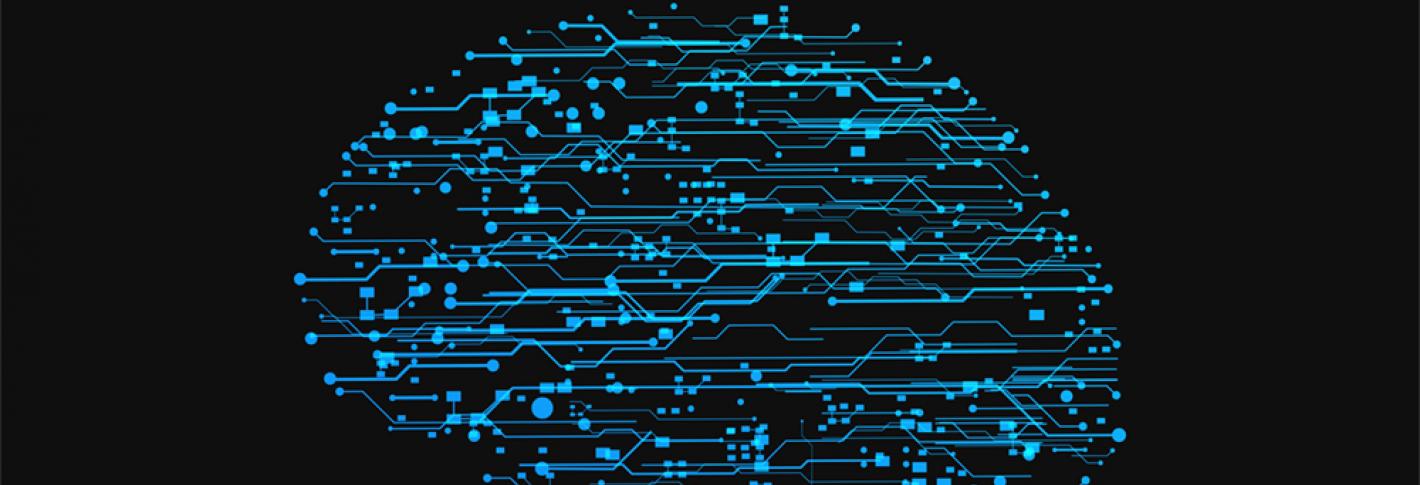Abstract: Our laboratory is addressing how sleep contributes to two processes in the mouse brain: hippocampal long-term memory formation and visual cortex plasticity. We hypothesize that some forms of brain plasticity occur preferentially during sleep due to its unique patterns of network activity. To test this, we are using recently-developed pharmacogenetic and optogenetic tools to silence subsets of neurons involved in generating of these network oscillations. We are studying how these manipulations affect both neural and behavioral plasticity. We find that both in the hippocampus during fear memory consolidation, and in the visual cortex during consolidation of orientation-specific response potentiation, there are increases in sleep-dependent network oscillations that predict subsequent plasticity. Disruption of these oscillations leads to a loss of plasticity and a failure in long-term memory formation. A correlate of memory formation is the long-term stabilization of spike-timing relationships within neuronal ensembles, which can last for several hours following learning. Manipulations which disrupt network oscillations and memory also disrupt this stabilization process, while augmentation of oscillations enhance stabilization and preserve memory. We hypothesize that sleep-dependent network oscillations promote stable reactivation of neuronal ensembles, which in turn drives long-term memory storage across brain circuits.





